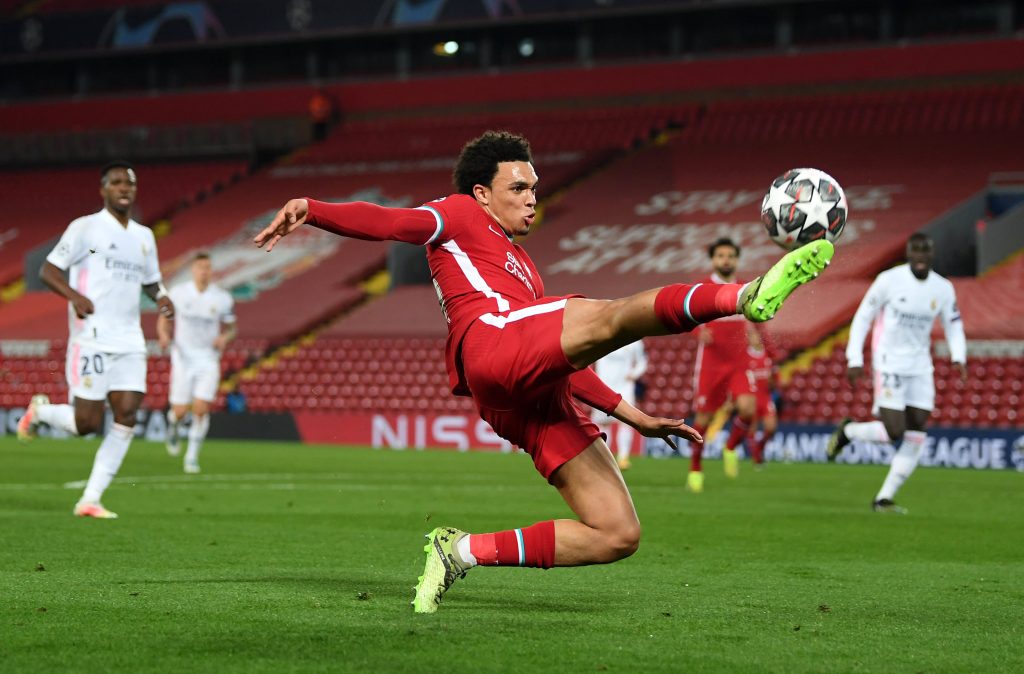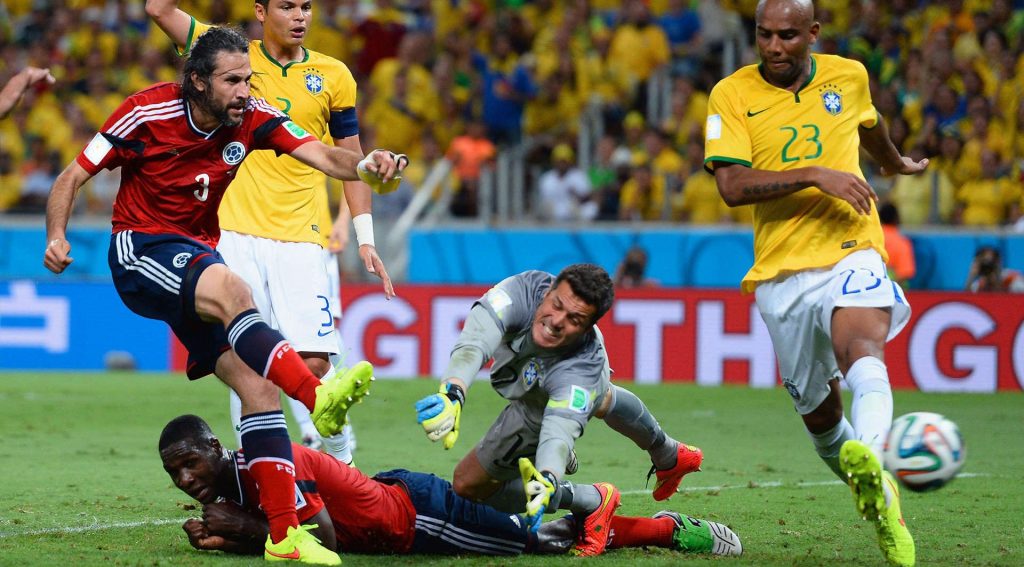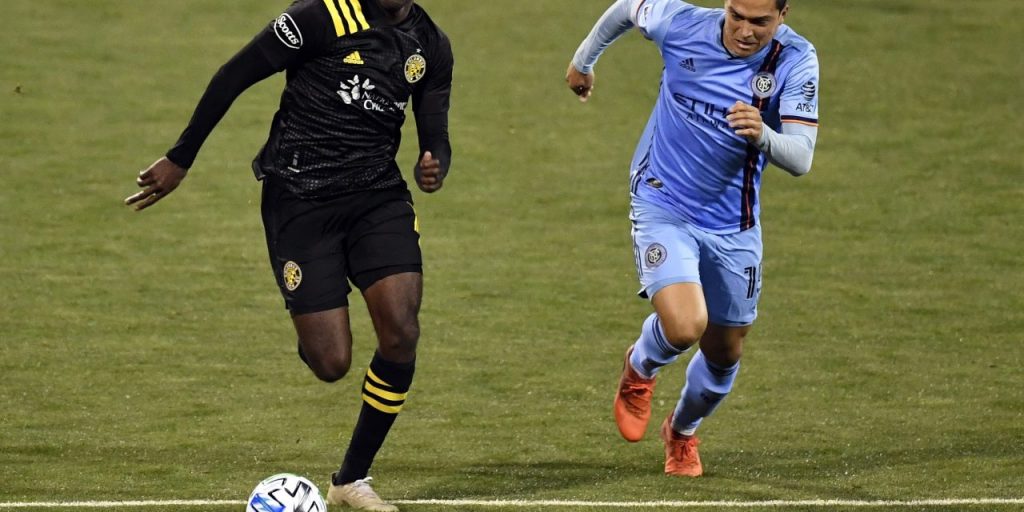In the realm of sports broadcasting, the power of narratives transcends mere play-by-play commentary; it becomes the heartbeat of the game, weaving together moments of triumph, defeat, and human drama into a compelling tapestry. Every match, race, or competition becomes a stage where narratives unfold, shaping the way audiences perceive athletes, teams, and the sports themselves. These narratives are not just about the action on the field; they delve into the psyche of the players, the history of the sport, and the cultural significance behind each contest. Through storytelling, broadcasters elevate sports from a series of events to a shared experience, fostering emotional connections that resonate far beyond the final score. At the heart of sports storytelling lies the art of crafting compelling characters. Athletes cease to be mere players; they become protagonists in an ongoing saga of perseverance, rivalry, and redemption. From the underdog clawing their way to victory against all odds to the seasoned veteran chasing one last shot at glory, each athlete’s journey is imbued with narrative potential.

By highlighting their personal stories, broadcasters humanize the competition, inviting viewers to empathize with the struggles and triumphs of those on the field. Moreover, narratives in sports broadcasting serve as a bridge between the past, present, and future of the game. By contextualizing current events within the broader historical framework of the sport, broadcasters provide viewers with a deeper appreciation for its evolution over time. Whether recounting legendary matchups from decades past or tracing the lineage of a particular team’s success, these narratives enrich the viewing experience by celebrating the traditions and milestones that define sports culture. However, perhaps the most captivating aspect of sports storytelling is its ability to capture the essence of the moment. In the heat of competition, every play, every shot, every goal becomes laden with narrative significance. Broadcasters have the power to immortalize these moments through their commentary, transforming routine plays into indelible memories etched into the collective consciousness of fans.
Whether it is the last-second buzzer-beater that clinches a championship or the underdog’s improbable comeback against a heavily favored opponent, these moments transcends the game itself, becoming part of sports lore for generations to come. Furthermore, narratives in sports 해외축구중계사이트 have the power to inspire and unite diverse audiences around a shared passion. Through the universal language of storytelling, broadcasters break down barriers of culture, language, and geography, creating a sense of belonging for fans around the world. In doing so, they forge connections that extend far beyond the confines of the stadium, fostering a global community bound together by a love for the game. In essence, the power of narratives in sports broadcasting lies in their ability to transcend the boundaries of sport and resonate on a deeply human level. Whether they are celebrating the triumphs of victory or commiserating in the agony of defeat, these narratives serve as a testament to the enduring power of storytelling to captivate, inspire, and unite us all in the shared experience of sports.




Recent Comments